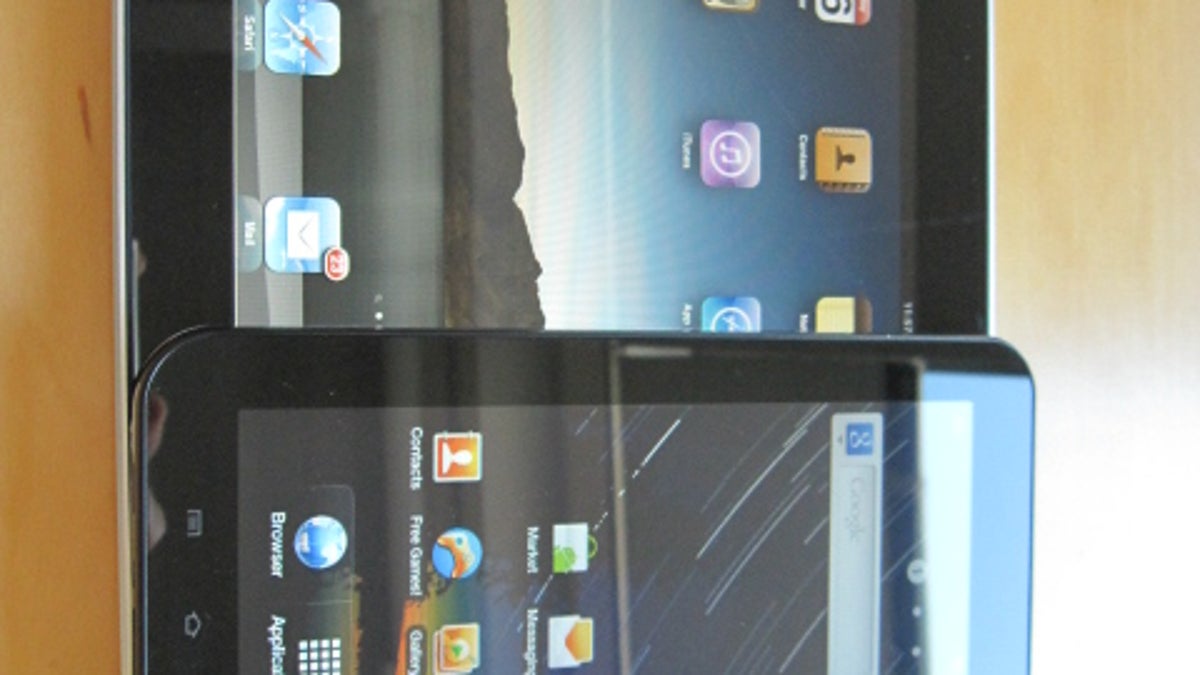Malfunction, not iPad, played greater role in Galaxy returns
Samsung survey of Best Buy returns finds that hardware malfunction is cited as the reason for their returns nearly three times more often than a desire for an iPad.

Confusion with Apple's iPad appears to have played less of a role in returns of Samsung's Galaxy Tab 10.1 than has previously been suggested.
Device malfunction was cited nearly three times more than a desire to exchange a Tab for an Apple iPad among the greatest reasons for returns, according to a study conducted by Samsung at Best Buy Stores in 2011.
The study was entered into evidence today in the high-stakes patent trial between Apple and Samsung. There had been suggestions that unhappy customers were returning Samsung's tablet because they originally thought they were buying an iPad, but the newly released study reveals a different set of motivations.
The study, conducted last year at 30 Best Buy stores in New York, Los Angeles, and Florida to determine why consumers were returning the tablet, found that 25 percent of the returns cited malfunctions such as browser freezes, lack of screen sensitivity, and poor Wi-Fi connectivity. Another 17 percent cited issues such as screen lagging, short battery life, and inability to sync with PCs.
Ten percent returned the tablet because they found Google's Honeycomb operating system difficult to use, while 9 percent were exchanges for iPad 2s. Some 8 percent were frustrated by a lack of support for apps such as Hulu, Netflix, or Skype, while only 6 percent cited insufficient speed and performance for their return.
By contrast, the key metric that Apple pointed out in court was in the marketing of the Galaxy Tab, noting that the greatest number of customer returns among those who said they had insufficient knowledge of the product were those who thought it was an iPad 2.
Apple filed a patent-infringement lawsuit against Samsung in California in 2011, accusing the Korean electronics giant of copying "the look and feel" of its iPad tablet and iPhone smartphone. It's been alleged that the design similarities create confusion in the minds of shoppers.
Apple said in a pretrial brief last month that it would "rely on Samsung's own documents, which tell an unambiguous story." However, the survey results seem to contradict the notion that consumer confusion brought on by design similarities between devices was a significant factor in buyer returns, something Samsung has already attempted to prove during the cross-examination of Apple's expert witnesses during the past week.
Updated at 9:20 a.m PT August 7 with additional information from Apple.

